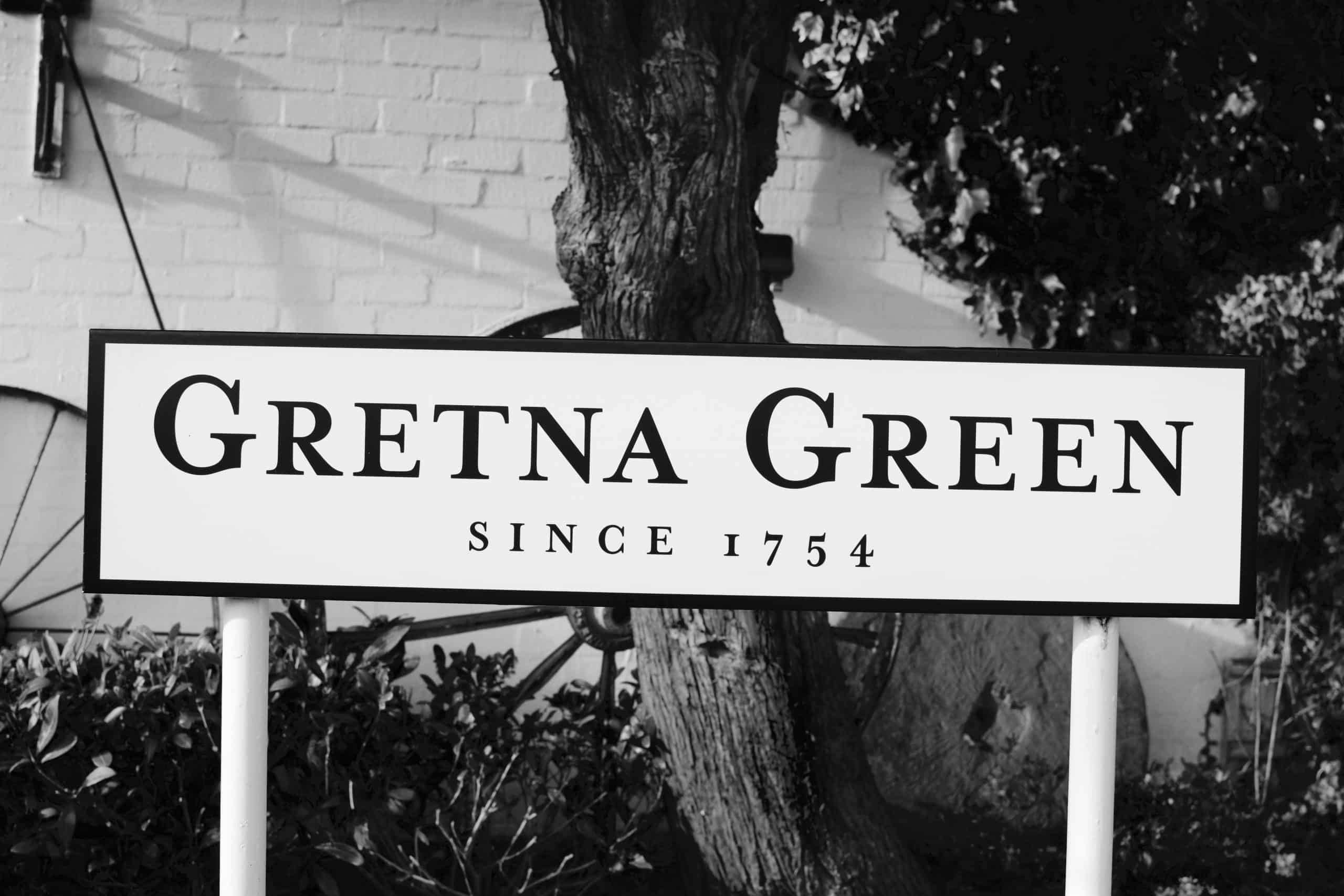For nearly three centuries, Gretna Green has been synonymous with marriage. Once a refuge for runaway couples, today it remains a popular destination for weddings, attracting thousands of couples from across the UK and beyond. But as wedding numbers decline nationwide, Gretna Green has joined the debate on whether marriage law needs an update—calling for the appointment of a Marriage Tsar to lead reform.
Marriage in Modern Britain
Marriage remains a cornerstone of family law, providing rights and responsibilities that affect everything from inheritance and pensions to parental status and immigration. Yet the process of marrying in the UK is often criticised as outdated and unnecessarily complicated.
Couples must currently give at least 28 days’ notice, with forms often still completed by hand and submitted by post. This contrasts with other countries where digital applications and shorter waiting periods are common. At the same time, weddings have become increasingly expensive, with the average UK ceremony costing over £23,000.
It is perhaps no surprise, then, that overall marriage rates have fallen, with fewer than half of UK adults now married.
Gretna Green’s Experience
In contrast to the national trend, Gretna Green has reported a 5% rise in marriages, with around 4,000 weddings taking place last year. A key reason is affordability: ceremonies there typically cost around £2,000, much lower than the national average.
Yet even Gretna Green is not immune to the challenges of red tape. As John Holliday, Executive Chair of Gretna Green, has noted, “It’s actually easier to get a passport—or even a divorce—than to get married.”
This has led Gretna Green to call for a Marriage Tsar: a dedicated figure to review current processes, improve guidance, and make the system more accessible, while ensuring the seriousness and protections of marriage are preserved.
What Would a Marriage Tsar Do?
The proposed role would not replace existing registrars or courts but act as a champion for reform, tasked with:
- Reviewing the 28-day notice period and considering whether flexibility could be allowed in urgent cases, such as illness or military deployment.
- Promoting digital-first processes, bringing marriage registration in line with modern public services.
- Publishing clear and accessible guidance in plain language for couples.
- Consulting with communities, celebrants, and legal professionals to ensure that reforms balance tradition, protection, and accessibility.
Balancing Tradition and Change
The idea of a Marriage Tsar is not without debate. Some argue that waiting periods and formal processes are essential to protect against rushed or coerced unions. Others believe reform is overdue and that a modernised framework could strengthen marriage by making it more relevant and accessible.
What is clear is that marriage rates are declining, costs are rising, and couples increasingly encounter a system that feels complex and outdated. Whether or not a Marriage Tsar is the solution, the conversation around marriage reform is growing louder—and Gretna Green, with its unique place in history, is helping to lead it.
A Question for the Future
Family law exists to protect relationships and promote stability. As social attitudes and technologies change, so too must the systems that underpin those commitments.
Gretna Green’s call for a Marriage Tsar may or may not be the answer—but it raises an important question: how can the law support couples who want to commit, without unnecessary obstacles?
For now, Gretna Green continues to welcome couples from around the world, striking the anvil as it has since 1754. But its campaign is also a reminder that even the most time-honoured traditions need space to adapt.
At E J Coombs, we are seeing the impact of less unmarried couples with more clients facing difficulties in separating due to the limited obligations between them. If you have questions about entering into a marriage, be it pre-nuptial agreements or child arrangements, we are here to help. We can also assist where you have questions about your rights as an unmarried couple.




